Between the UChicago Medicine (UCM) health system, the Pritzker School of Medicine, and the Biological Sciences Division (BSD), the latter of which is UChicago’s largest single division and spans from undergraduate to postgraduate education in an array of disciplines, one could be forgiven for not immediately appreciating the intricate structure of biology and medicine at UChicago.
“[A] big thing that happened in this first year was [that] I was just really struck by the complexity of the administrative architecture,” Dr. Mark Anderson—who joined UChicago last October as dean of the Pritzker School of Medicine, dean of the BSD, and Executive Vice President for Medical Affairs—told The Maroon.
“I was really struck by the fact that we were big enough [that] people didn’t necessarily know each other, but they also didn’t always comprehend that in the end, we’re working all together on these three missions of patient care, research, and education. And although people, based on their core affiliations, may see different aspects of those missions, we’re really bound together and indeed with a larger university, and so we embarked trying to get some semblance of unity on a Mission, Vision, Values exercise.”
The exercise, for which UChicago sought guidance from the business managing consulting firm Slalom, involved surveying 3,723 BSD, Pritzker, and UCM employees and community members about the institution’s values.
“I think we now have a set of statements that really bind people together. We’ve used those values to help to be the framework for a strategic plan that we just presented to the board and the chairs and will be a way to bind together the Biological Sciences Division, the Pritzker School of Medicine, and the [UCM] health system so we can achieve more than we could achieve separately,” Anderson said.
The strategic plan, which coordinates the future of the UCM health system, the BSD, and Pritzker spans the next ten years. “We decided we really needed a long-range strategic plan, so we picked a decade as one that was kind of at the outer limits of what was plausible in the here and now but also sufficient to allow us to be truly ambitious,” Anderson said.
The plan emphasizes cohesion and unity between UCM and the academic centers, recognizing that the health system at UChicago is part of the University.
“We’re a very unified structure in the continuum of academic medical centers,” Anderson said, contrasting the organization of UChicago Medicine with that of peer institutions like Northwestern, Columbia, and Cornell, where the health system functions as a separate corporation not owned by the university associated with it.
“[Those are] some really good places, but it means you’re planning your finances in isolation, and I think the way you plan your finances is a manifestation of your values,” he told The Maroon.
The plan also includes goals of expanding UCM, bringing academic medicine—which refers to medical organizations affiliated with universities that integrate clinical practice with research and teaching—more patients, and allowing for the expansion of the biological sciences at UChicago. In the past year, UChicago Medicine has launched a joint venture with AdventHealth in western suburbs in January, started offering urgent care downtown in March, opened its first women’s health clinic in suburbs north of Chicago in June, and acquired four oncology centers in northwest Indiana in September.
“We will grow our health system in order to bring academic medicine to more people,” Anderson said. “We know that’s a virtue because many studies have shown that academic health systems provide better medical care for common conditions and rare conditions.”
He added, “But also so that we can create the revenue that will be necessary to grow the biological sciences, and here I think our vision is not only to do something only in the Biological Sciences Division but to create a portfolio of institutes that would range across the whole university, taking advantage of the fact that our university has great strengths in multiple areas that are kind of biological-adjacent, if you will.”
UChicago currently houses two institutes in the biomedical sciences—the Duchossois Family Institute, which studies the human microbiome, and the Neuroscience Institute—both of which serve as a template for future additions.
“Both of them have certain key ingredients,” Anderson explained, adding, “They have eminent scientific leaders. They have a diverse and ecumenical faculty that come from different divisions and different departments. They benefit from substantial colocation and access to core facilities, mostly technical core facilities, that are broadly needed and allow people to advance their science more quickly, and so I think this makes the vision more plausible to me that these kinds of institutes already exist at the University of Chicago.”
According to Anderson, possible future institutes might specialize in human immunology, cancer, urban health and health equity, artificial intelligence and biology and medicine, and infectious and emerging diseases.
“These are big, big, big challenges for humanity and [areas] where assets that are sprinkled across the University of Chicago are actually really pertinent, important for tackling them, and an institute structure could be used to recruit more scientific leaders, bring in more faculty, and also create resources.”
Speaking specifically about an institute for artificial intelligence in biology and medicine, Anderson said it “may well become part of a portfolio of AI work that President Alivisatos is really, really interested in.”
In the biomedical sciences, Anderson said, artificial intelligence could have an impact in a variety of fields, from exploring the chemistry of drug molecules to managing supply chains. It could also encourage the reimagining of the patient–physician relationship, allowing healthcare professionals to refocus on patient-facing work rather than what he referred to as “pajama time,” where, at the end of the day, doctors finish their notes, look through medical records, and answer questions from patients. That practice is associated with burnout by the American Medical Association (AMA).
Anderson emphasized the value of UChicago’s interdisciplinarity for research in artificial intelligence given the ethical questions it poses: “Of course, there’s a huge ethical framework that needs to be built,” Anderson said, “because AI is basically training [on] datasets that we know are biased, and without curating and correcting those data inputs, AI will, in all likelihood, just magnify the bias, but sometimes in hard-to-understand, mysterious ways.”
He added, “We have a huge humanities department. We have great, great philosophers. These are the kinds of human assets that will be necessary to really tune the work we do in AI so that it accomplishes our core goals in healthcare, which is to help people.”
Another value highlighted by the new Mission, Vision, and Values statement is “embody equity.” For Anderson, who first announced his vision for a tuition-and debt-free Pritzker by the 2027 centennial anniversary of the medical school in an interview with The Maroon last autumn, financial accessibility to a Pritzker education remains a priority and is part of the ten-year strategic plan.
Referring to the April announcement that up to half of the Pritzker Class of 2027 would receive full-tuition scholarships, Anderson said, “I think it’s a central importance that we continue to move in a direction that acceptance to medical school isn’t only by the people where debt doesn’t matter, that they’re sufficiently affluent or that people are crushed by debt and that changes the way they operate their career.” A 2018 analysis by the Association for American Medical Colleges (AAMC) found that nearly a quarter of U.S. medical students hail from the top five percent of the country’s wealthiest households, and the relationship between medical educational debt and specialty choice has been well studied.
59 percent of the Class of 2027, which was the medical school’s most diverse in its history, was awarded a full tuition scholarship, marking a 14 percent reduction in graduate indebtedness over the past three years, Anderson told The Maroon.
“I think those are joined concepts,” he added, speaking of the relation between the new tuition program and the record diversity of the Class of 2027. “So I feel that’s gone really well.”
Anderson also spoke of the importance of engagement with the South Side community, another principle highlighted in the new Mission, Vision, Values statement: “We are part of the South Side community. It’s not us and them, even though the history is sometimes complicated. I think we need to see our membership in this community for the asset that it is.”
One example of engagement with the local community Anderson cited is in the design of a comprehensive cancer care and research center.
This past September, UChicago Medicine broke ground on the center, the plans of which were initially announced in February 2022. While the 2021–22 Community Health Needs Assessment, required by the Affordable Care Act, identifies cancer as a priority, it does not indicate that cancer was one of the top health needs community members self-reported in a survey of residents across three different age groups.
The South Side Healthy Community Organization (SSHCO) was involved throughout the planning process from the center’s inception, providing input on its design, architecture, and location. UCMed was a founding member of SSHCO, which comprises 13 local medical institutions and facilitates community engagement in the healthcare system.
“The cancer center is one really important, tangible manifestation of our commitment where we know that health disparities in cancer are one of the big ones, leading to the huge gaps in longevity and well-being between the South Side and other parts of the city.”
Anderson also discussed the importance of bringing educational and professional opportunities to the South Side, highlighting an early-stage collaboration with Malcom X College to bring a training program for laboratory technicians to Washington Park.
“We know that there’s a 15-year longevity difference going five minutes across that park,” Anderson said. “This is a really highly sought out workforce that is needed here at the University of Chicago and actually across the city and country and, where we know they can provide excellent students and we can provide an excellent learning opportunity that would end up feeding our and other workforces to create a kind of virtuous cycle.”
Anderson concluded the interview by reflecting more broadly on joining the UChicago community.
“I remain really humbled by the opportunity and optimistic that together with a team, I can contribute to a positive difference here at the University of Chicago, in the South Side, in Chicago, and I think even in the world because of the great concentration of talent at the University of Chicago,” he said. “This is a place that just is very special.”



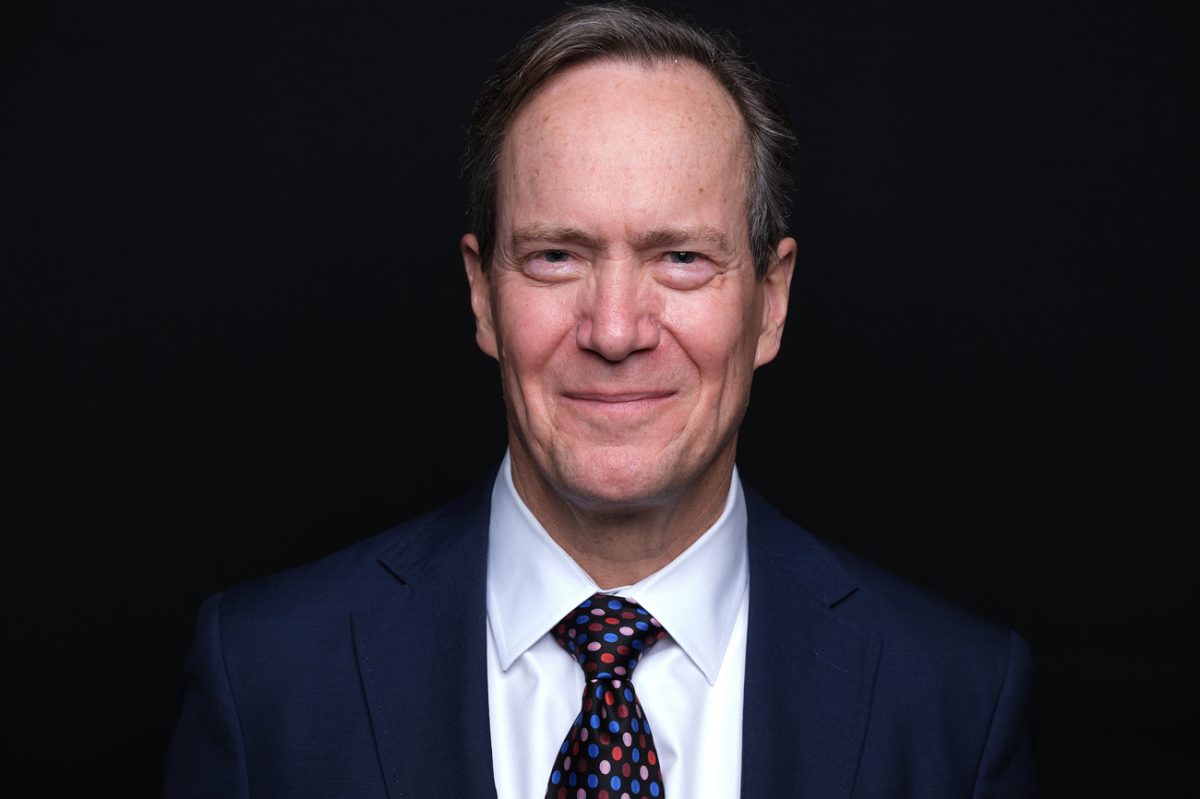
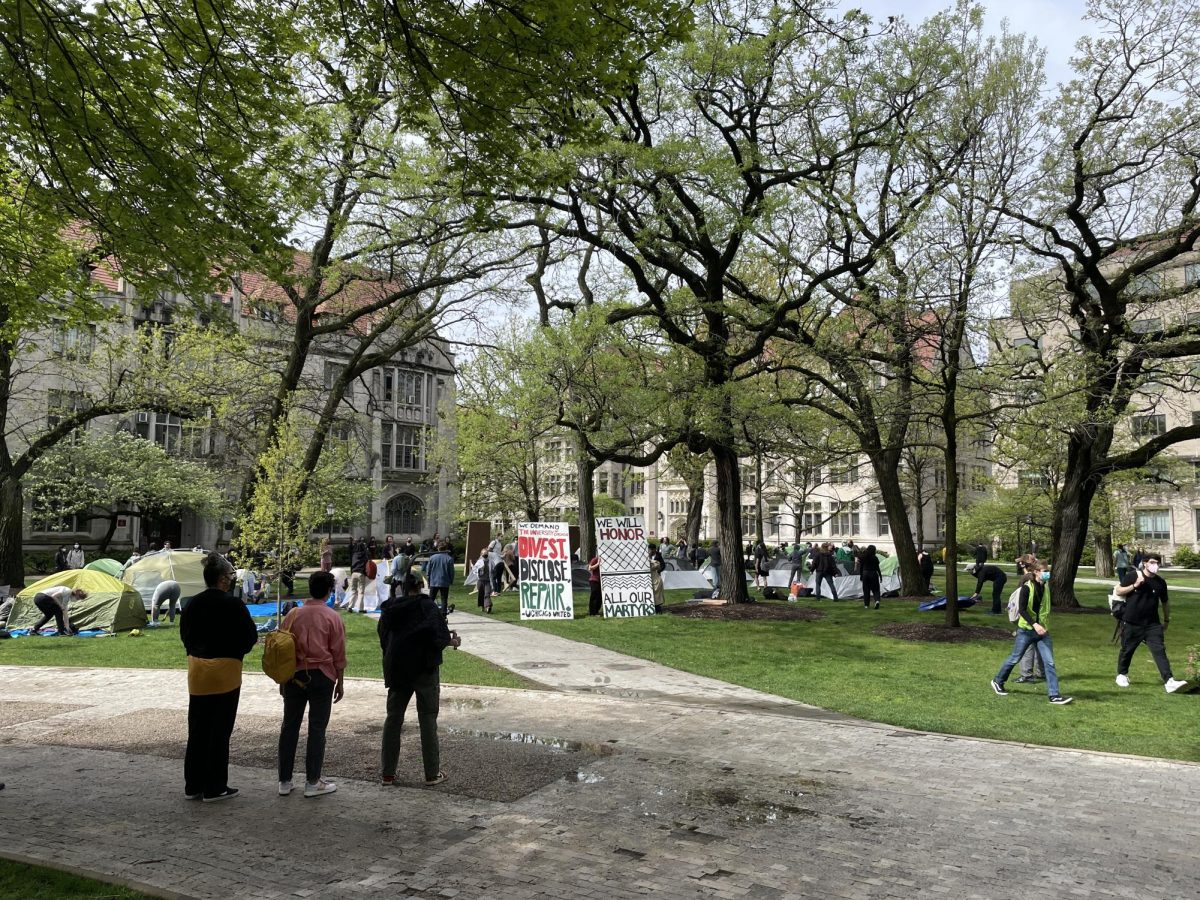
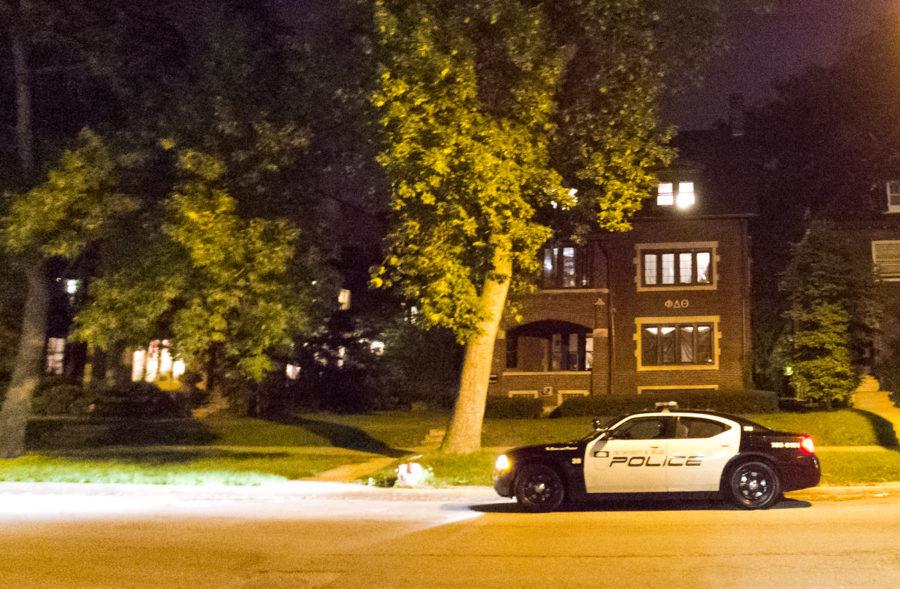
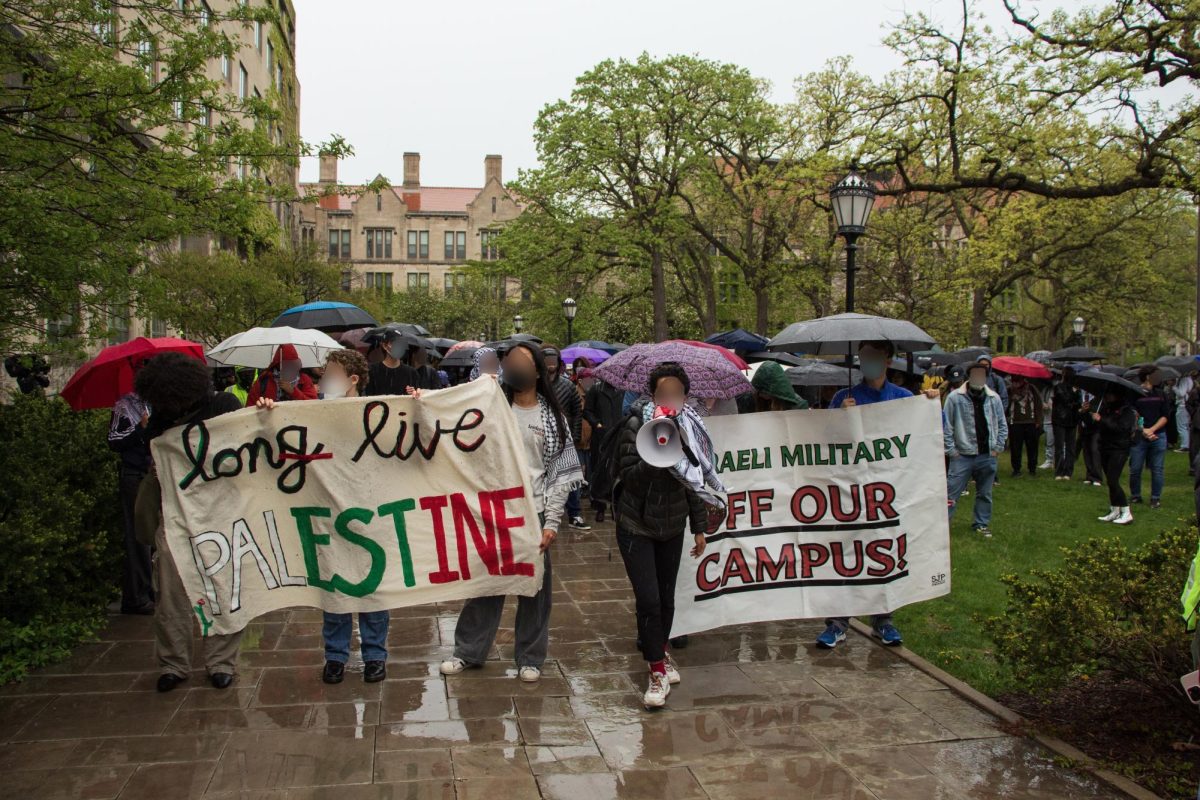




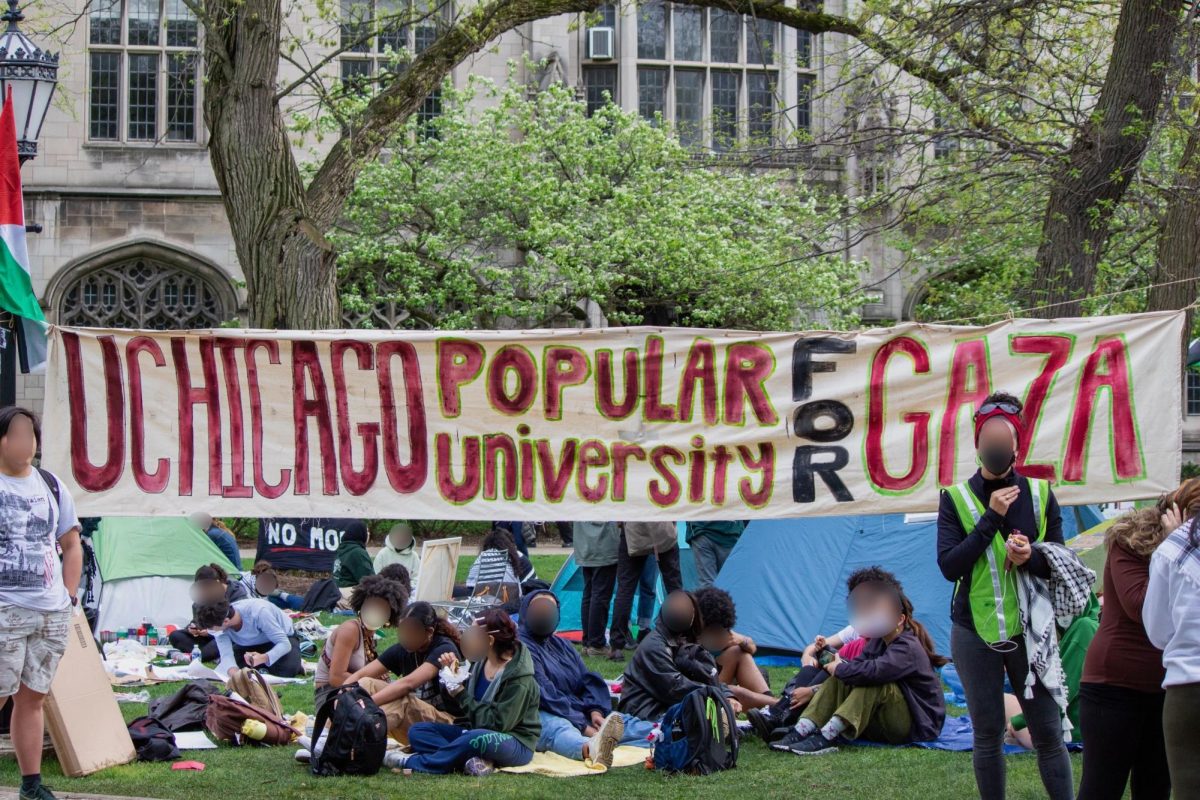
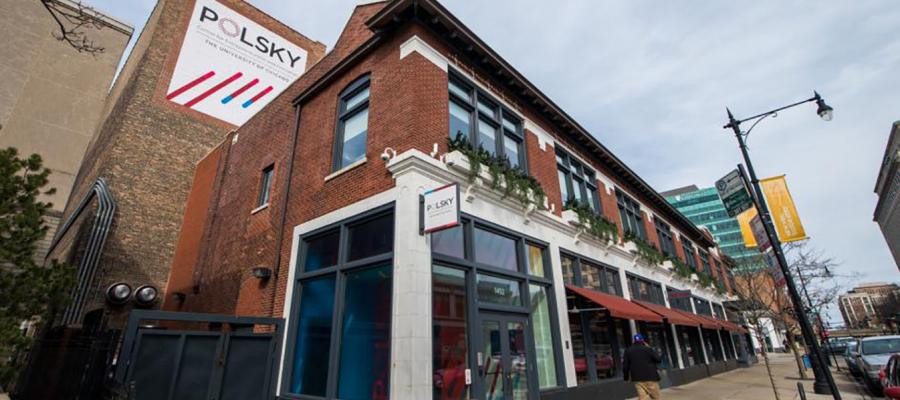



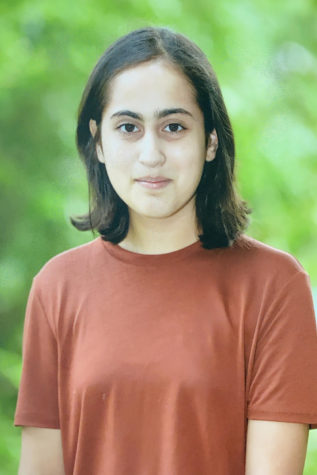
Matthew G. Andersson, '96, Booth MBA / Jan 12, 2024 at 1:24 pm
Mr. Anderson’s interview is somewhat less than candid as to the reason why he was hired in the first place: the former head of BSD, Kenneth Polonsky, was relieved in part due to his management of (publicly reported) insurance billing irregularities which over-characterized Covid diagnosis in order to capture insurance premium claims. Moreover, the BSD has yet to conduct a diagnostic or fundamental statistical tests of significance concerning the bases of its university health policy that was propagated across the institution, and among the public sector. This includes not only ineffective social policy (e.g. isolation) but experimental serum usage, and medical profiteering including by Booth alumnae and Trustees. Liability remains administratively central. Regards, ’96 Booth MBA